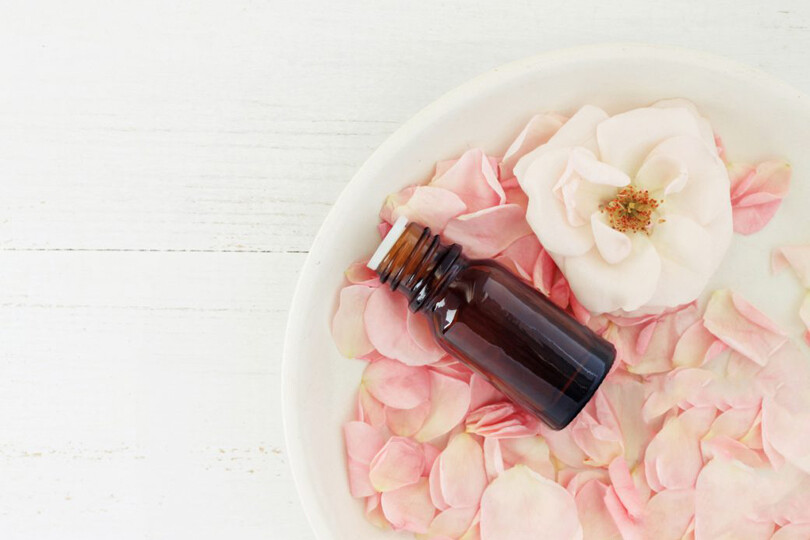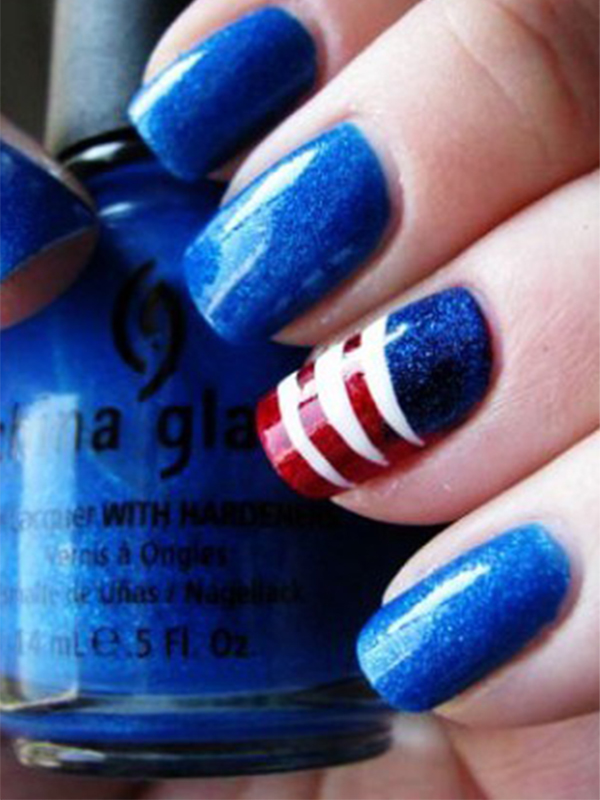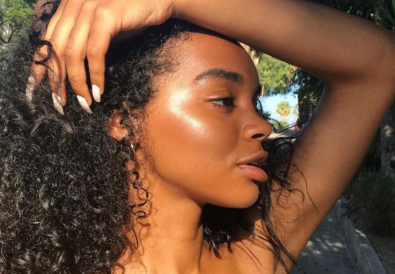There’s never a bad time to stop and smell the roses. I’ve long been a fan of the flowers themselves, but I’m always especially excited to see rose oil in more and more beauty products these days because the flower oil has a wealth of benefits for just about every skin type. Beyond its aromatherapeutic properties, rose oil contains an array of vitamins and antioxidants that moisturize, calm and condition the skin. It also helps even out skin tone and texture over time.
Cold-pressed rose oil is excellent at calming inflammation and helps promote healing of your skin as well. If your skin has been acting up in the summer heat or even if you’re just looking for some extra TLC for problem areas, here are some heavenly-scented, rose-filled options.
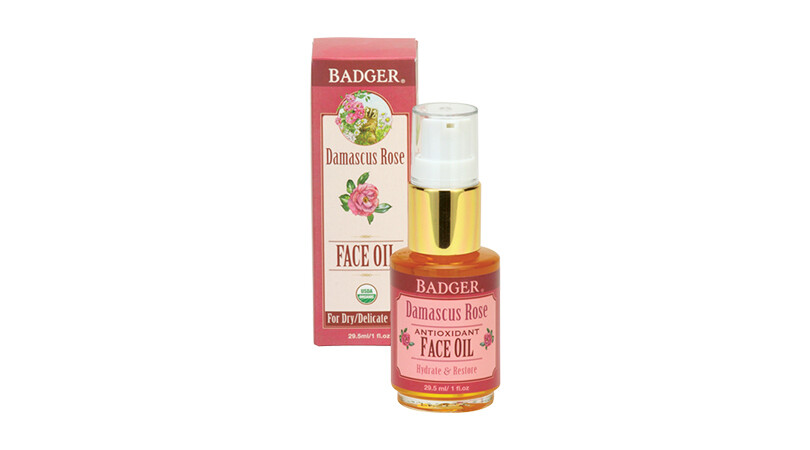
Badger’s Damascus Rose Face Oil ($26) is easily one of the most forgiving lightweight moisturizers I’ve ever used. Slather it on skin directly or just mix in a couple of drops with your day cream. Lavender oil controls excess sebum and chamomile oil helps calm any sun-induced inflammation, while the rose oil base quickly absorbs and protects skin without being comedogenic.
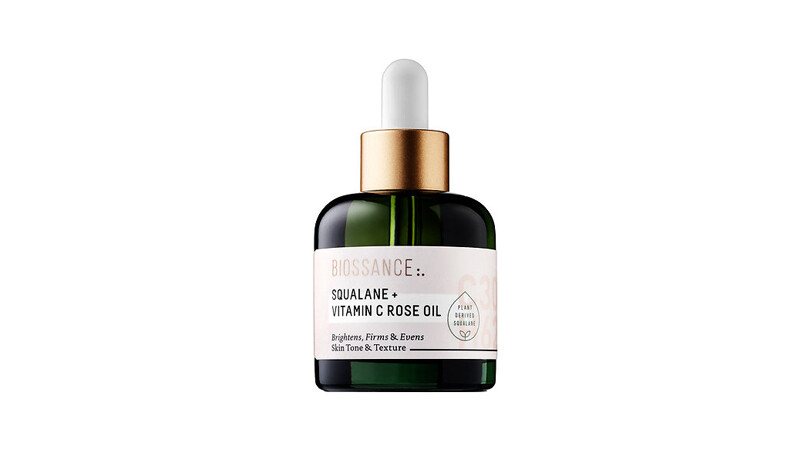
The previous rose oil is excellent for consistent hydration, but if you have really dry skin or want an oil-serum that can do more than just moisturize, Biossance’s Squalane + Vitamin C Rose Oil ($90) is especially fortifying. Squalane is one of the most stable oils around because it is completely saturated–(i.e it’s more likely to sit on your skin protectively than to oxidize in reaction to whatever is on your skin)–and vitamin C is an excellent brightening agent and skin-tone corrector. The rose oil base, however, is still the superstar within this formulation: squalane and concentrated vitamin C are actually much thicker and harsher (respectively) than most skin types are used to for daily use, so the calming base of rose is instrumental in helping your skin acclimatize to the benefits of its sister ingredients.
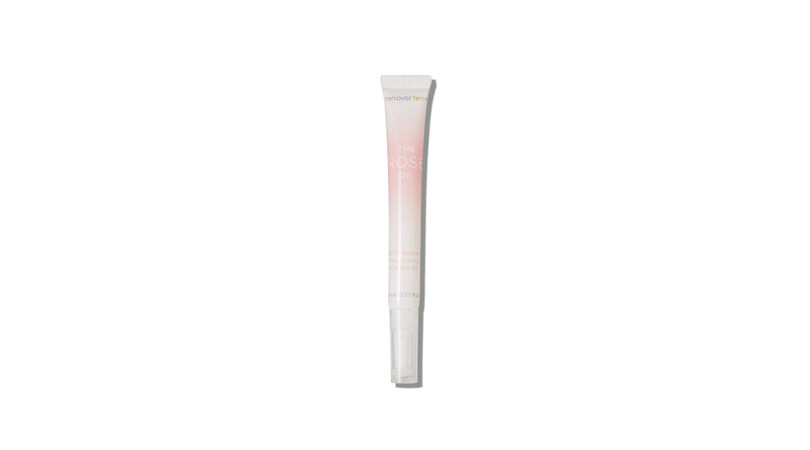
Our faces aren’t the only parts of our body that can benefit from a heady dose of rose: as an anti-inflammatory, nourishing superstar, rose oil works best on those areas that get tampered with the most. Never forget your long-suffering digits: Tenoverten’s Rose Oil ($40) is an absolute godsend for busted-up cuticles and mani-damaged fingers alike. Take it from a beauty editor–the brand itself may recommend this lil’ number as a cuticle oil, but its blend of jojoba and almond in addition to rose oil actually makes this a good tamer of dry hair and unruly ends. A dab of this really cleans up the hairline in a pinch and a drop of rose oil also works wonders as a lip primer as well. If you decide to stick with its original functions, however, you’re still more than going to get your money’s worth because this particular formulation restores shine and pliability to your cuticles and nail beds overnight. (Literally.)
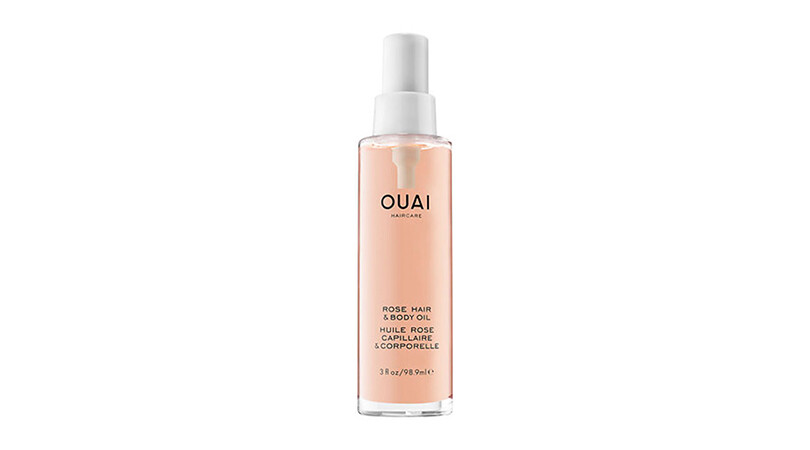
Ouai’s Rose Hair & Body Oil ($42) is a lovely all-purpose moisturizer that tends to your legs as well as it tames your locks, and most importantly, it’s a lovely substitute for your regular perfume in the winter. Most of the other products on this list get their oils from rosa damascena or Damascus roses, which are ostensibly the best roses to turn to if you’re looking for tangible pharmacological benefits, but the Ouai rose oil draws its superstar ingredient from rosa mochata or musk roses which are much better loved for their heady, sultry scent. Musk rose oil is still conditioning and anti-inflammatory at a base level, but Ouai’s Rose Hair & Body Oil is excellent at providing breathable moisturizer and a not-too-cloying scent that’s ideal for this capricious summer heat.
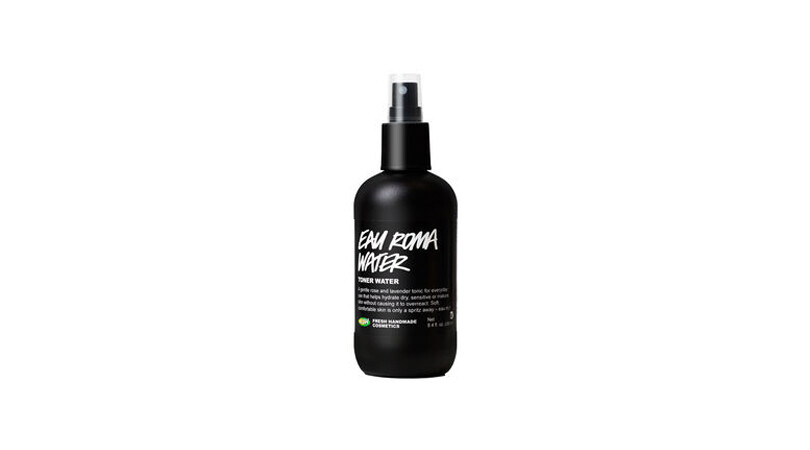
I have a personal bias towards Lush’s Eau Roma Water ($23)–it’s the one toner I always have at least two backup bottles of–but I’m always prepared to defend this bias against detractors any day of the week. Its lavender water and rose water formulation is perfectly balanced to sink in cleanly without aggravating the nose with too much scent. The rose oil within the rose water is truly the heart of the product because of the cooling effect it has on the skin. The aftereffects of this toner can often be felt up to 10 to 15 minutes after application; even a single spritz makes your skin feel moist and noticeably less red, with any makeup blending on much better. Meanwhile, pores seem to have have reduced thanks to the anti-inflammatory rose water. Treat it as a toner or an in-office pick me up, and you’ll be shocked by how much your skin depends on it–on bad skin days, when you just don’t want to aggravate it any further, three layers of Eau Roma often works the wonders that a restorative or cooling mask cannot.
*This article originally appeared on our sister site, BeautyDesk.com.

